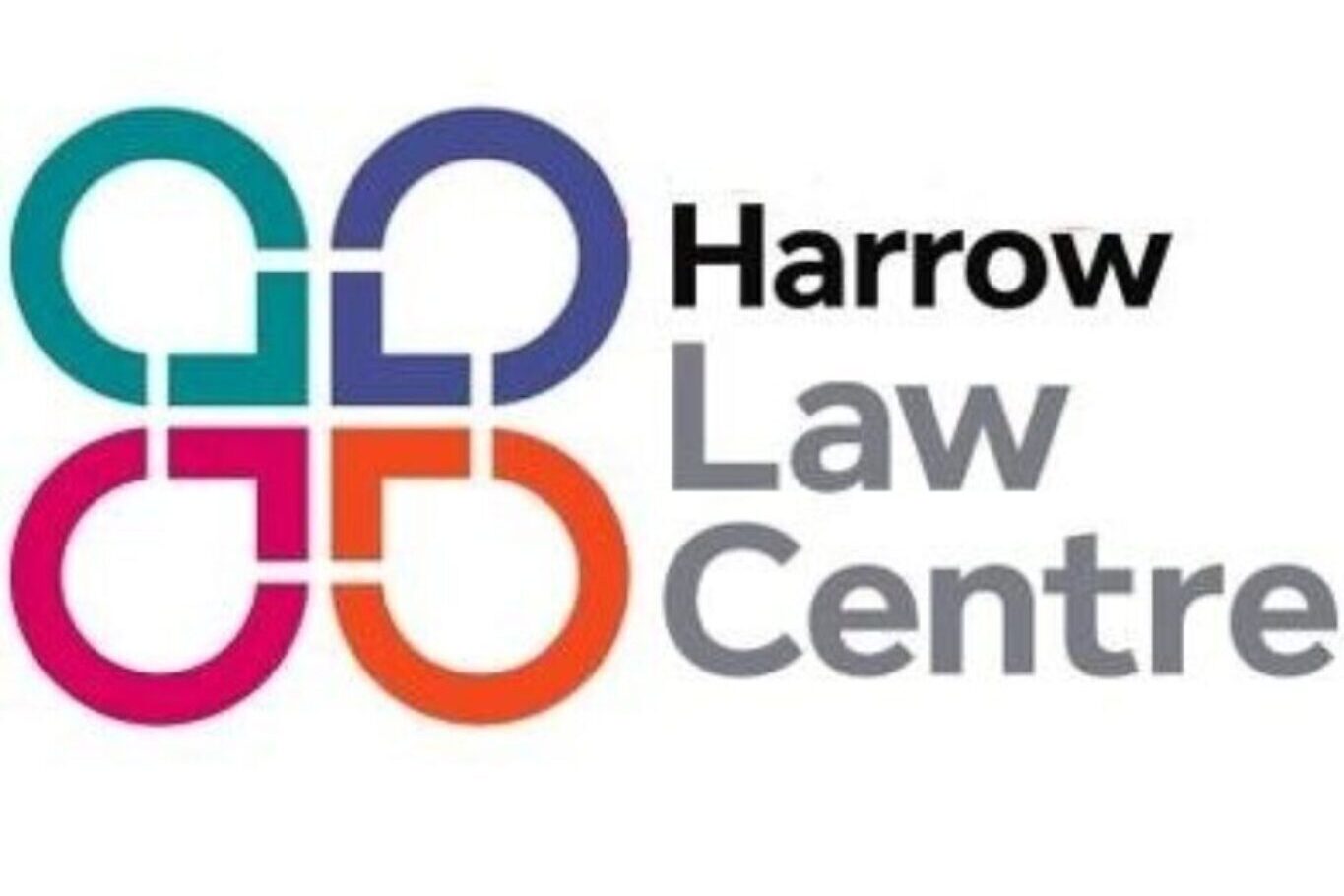The Bureau of Investigative Journalism has published a detailed article looking at how tenants who have suffered financially during the pandemic are losing their homes in a matter of minutes, with judges often powerless to prevent evictions being ordered.
If you are worried about an eviction notice, contact us. We will do our best to advise you or tell you where you can get help if we cannot take on your case.
Possession case studies
Harrow Law Centre has been continuing to assist tenants through the pandemic. Here are two summaries of recent cases where our solicitors were able to help people stay in their homes.
Case 1: SF
SF was an Uber driver who lived with his wife and three children in a three-bedroom semi-detached house in Harrow. SF initially instructed Harrow Law Centre in February 2020 after his landlord had issued a possession claim at Watford County Court because of rent arrears. SF had initial advice from a Duty Solicitor from Shelter at a first hearing and required a Legal Aid Solicitor to defend the claim. He had fallen into rent arrears due to the six weeks it takes to receive your first Universal Credit payment. In addition, he had incurred over £800 on replacing a boiler after the landlord had failed to repair it. SF’s finances had also suffered due to the absence of nightlife during the pandemic, which significantly reduced his income.
HLC instructed a surveyor to inspect SF’s property and the defended the possession claim based on the surveyor’s report, which indicated that there had been issues relating to the boiler, defective windows and a water tank in the loft (which was not covered properly posing a health risk). SF also applied to Harrow Council for a discretionary housing payment, which cleared several thousand pounds of the arrears. After this payment, the landlord agreed to end court proceedings, enabling SF and his family to remain at the property.
Case 2: SS
SS was a waiter and father of two who had lived with his wife and children in the same property in Brent since 2009. In 2019 SS’s landlord started a claim to recover possession of the property under section 21, which is a form of no-fault eviction. (The Government has pledged to scrap this but so far have delayed in doing so.) Section 21 is a no-fault procedure because it permits the landlord to recover possession where the tenant has not breached the tenancy agreement. A landlord is, however, required to comply with numerous legal requirements (which most clients are unaware of), including the provision of a valid gas safety certificate, the government ‘How to Rent’ booklet and protection of the tenancy deposit (including specific information about the deposit). As a waiter, SS was furloughed during the pandemic but managed to maintain rent payments so there were no arrears.
When SS instructed HLC it transpired that SS’s tenancy deposit was not protected and that the gas safety certificate had expired. HLC filed a defence with Willesden County Court on this bases following which the landlord did not pursue his claim further. SS was delighted with the outcome.

